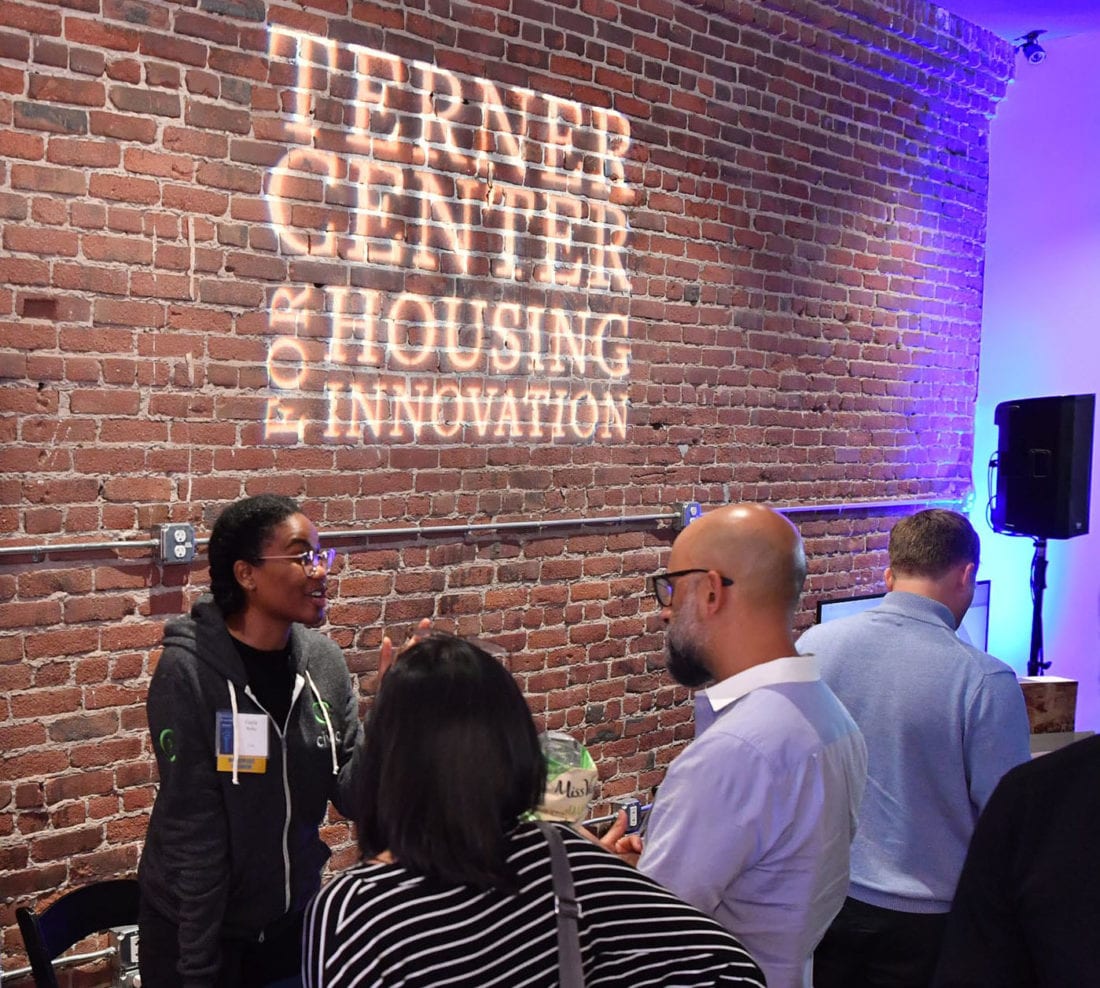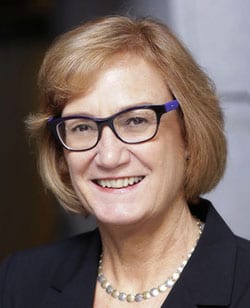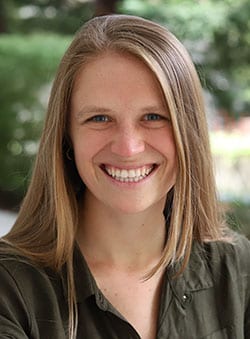
With home prices growing faster than inflation, new home construction falling short of need, and more than a quarter of renters spending half their income on rent, the U.S. is facing a looming housing crisis.
Yet those seeking to make housing cheaper through innovation face a slew of challenges: Housing industry entrepreneurs must navigate a thicket of environmental and other governmental regulations, as well as secure financing for projects that may not fit the industry’s mold.
Enter the new Housing Lab, a first-of-its-kind accelerator specifically for startups seeking to reduce the cost of housing. A collaboration between the Haas School of Business and the College of Environmental Design, the accelerator is housed in the Terner Center for Housing Innovation at the Fisher Center for Real Estate & Urban Economics.

“The need for innovative solutions and outside-the-box thinking has never been more urgent, and we’re encouraged by the growing number of entrepreneurs who are challenging our antiquated housing system and considering new ways for housing to be more equitable and affordable across the board,” said Terner Center Faculty Director Carol Galante, who previously served in the Obama Administration as U.S. Assistant Secretary for Housing.
The Housing Lab, supported in large part by the Chan Zuckerberg Initiative, aims to help entrepreneurs navigate housing laws and regulations, sharpen their business plans, and locate investors—all with an eye toward making housing less expensive. Applications open June 10 for non-profit and for-profit startups to join an inaugural cohort of five companies. The successful candidates will be announced in September.
Fostering housing innovation
Experts say that the housing industry sorely needs innovation. Median home prices are rising faster than inflation, according to the Joint Center for Housing Studies of Harvard University. And homebuilding isn’t keeping up: The shortfall in new housing construction was recently estimated at 7.3 million units by the Up For Growth National Coalition.

“We know the housing crisis is a complex problem that can’t be solved by innovation alone, but we believe entrepreneurs have a key role to play in contributing to the solution,” said Housing Lab Program Director Michelle Boyd, MBA 19, who began working on the accelerator as a student and is staying on post graduation to lead it. “Because the housing industry is extremely regulated compared with other industries, these entrepreneurs need support.”
Entrepreneurs focused on housing face a huge number of hurdles, including national, state, and local regulations on areas ranging from construction standards and environmental sustainability to rent control and home financing. Local zoning and development plans, often highly politicized, can confound even a savvy and experienced entrepreneur.
Adding to those challenges, many housing innovation startups would have trouble getting accepted into a traditional technology-focused accelerator.
“Most accelerators and VC funds direct the majority of their capital to pure technology-focused innovations, and we think there are a lot of other good ideas out there that may not fit the VC model—either because they’re not a pure tech company, or they’re focused on a more regional market,” Boyd said. “These companies are also asset-intensive, meaning they own and operate real assets and buildings, and there’s is less support for startups like that. We want to elevate these ideas and connect them to the capital they need to scale.”
Seed funding for housing innovators
Startup candidates for the Housing Lab could include, for example, a company that’s developing a construction method using low-cost yet environmentally friendly building materials, or one that’s promoting a new home-financing product aimed at low-income buyers. Or, a candidate might be producing multi-unit “co-living” structures suited to urban centers, or cottages designed to be tucked behind suburban single-family homes.
Applicants need to demonstrate their ideas’ validity through either customer feedback or extensive market research, and also must be working on their venture on a full-time basis. Candidates should also show a recognition of longstanding problems in the housing industry, such as predatory lending and housing discrimination, and how their venture plans to operate responsibly, Boyd said.
Successful candidates will join the six-month program in the fall and receive seed-funding grants of $100,000 to $150,000. Participants will meet both virtually and in-person at the Terner Center for coaching sessions on developing and scaling their business plans and understanding how best to work in the regulatory environment. In addition to learning about funding sources and meeting potential investors, participants will also gain access to faculty and alumni networks as well as to the Housing Lab’s advisory board of successful entrepreneurs, government leaders, investors, and housing advocates.
The application can be found at: https://www.housinglab.co/apply.